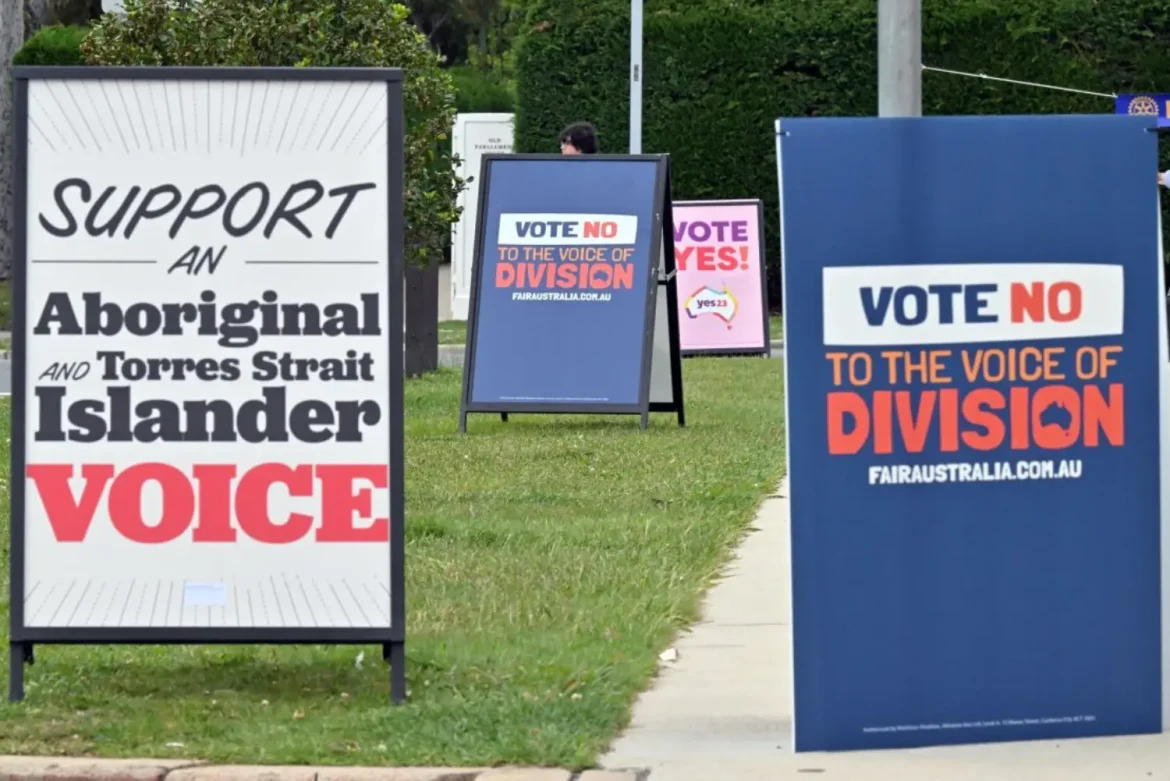Public opinion on the referendum remains deeply divided. Polls conducted over the past year have shown fluctuating levels of support, with some surveys suggesting a majority is in favour, while others indicate that opposition is growing. Campaigners on both sides are working intensively to mobilise voters, with grassroots initiatives, media campaigns, and public forums all playing a role in shaping perceptions. Analysts suggest that the outcome may hinge on the extent to which undecided voters are persuaded in the final weeks leading up to the referendum.
Advertisement
Beyond the immediate question of constitutional recognition, the debate has broader implications for Australia’s political culture. Advocates argue that the referendum represents an opportunity for the nation to confront its history and take tangible steps toward reconciliation. Opponents counter that more practical, community-level measures would be more effective in addressing disadvantage. Either way, the discussion has brought Indigenous issues to the forefront of political discourse, ensuring they remain a central focus of national conversation.
Whatever the result of the referendum, its political consequences will be significant. A successful vote could strengthen the Albanese government’s standing, while a rejection could represent a setback for reconciliation efforts and trigger calls for alternative approaches. For the opposition, the referendum also poses risks: a misjudgment in tone or approach could alienate voters who view the issue as a moral one. With the referendum approaching, the political stakes are high, and the outcome will help define Australia’s direction in the years to come.

